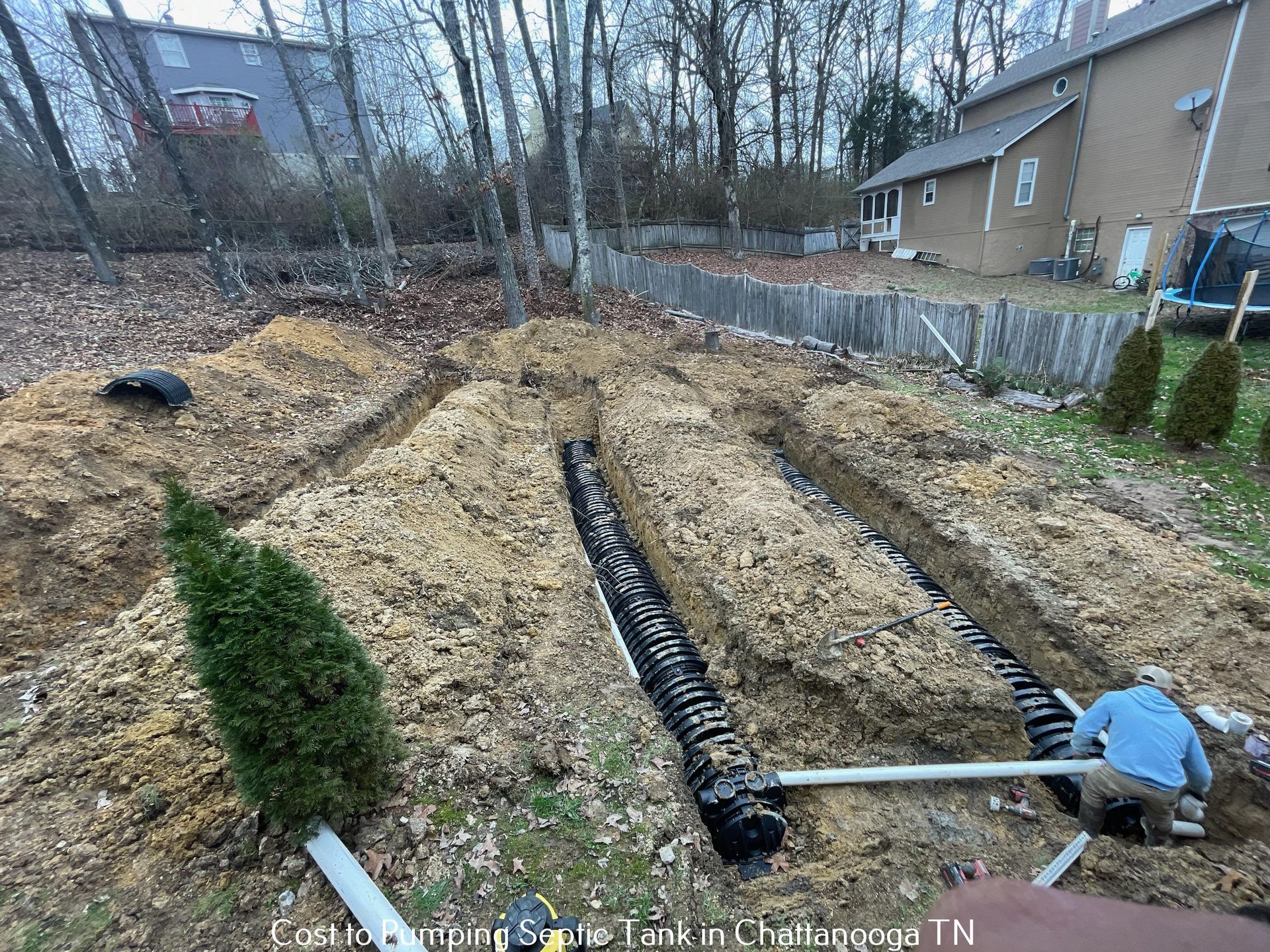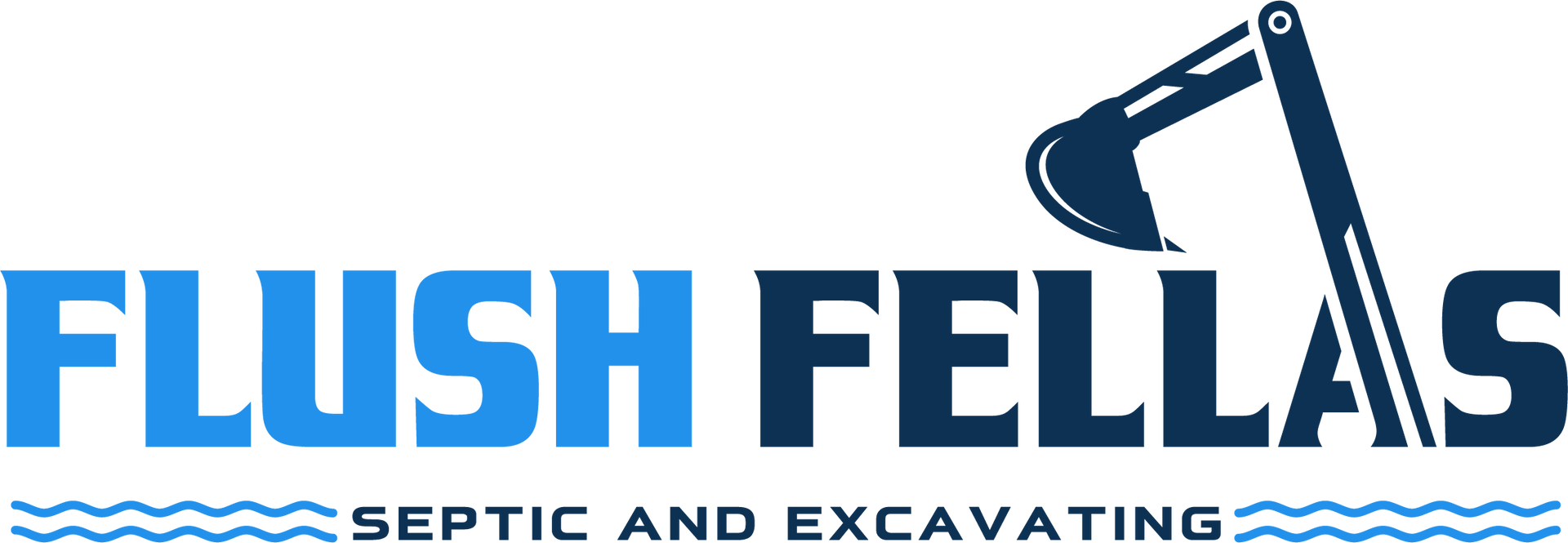Heavy rains, severe flooding, or other forms of emergency occurrences can cause sewer systems to fail and untreated wastewater to overflow into towns and the environment. Too much water in the septic tank causes it to overload and can slow down or stop wastewater treatment. This may clog your drainfield, causing your septic waste to back up into your home. This can be hazardous to you and your loved ones, especially if you come into contact with contaminated floodwater.
A well-maintained and constructed septic system will better withstand the stresses of heavy rains or flooding. Regular inspection is necessary to ensure proper functioning. During heavy rains and floods, the ground can become saturated, preventing proper operation of the system. For example, a septic tank can collapse or float out of position.(1)
Protecting Your Septic System from the Beginning
As a preventive measure, you should direct as much rainwater runoff away from your system as possible. Water should be diverted away from the septic tank and drainfield area from roofs and driveways. Make certain that your downspouts are not pointing straight at your drainfield. The soil atop your system should be slightly mounded to assist stormwater to flow off rather than onto it. Consider building berms to channel surface runoff around your system.
A well-maintained septic system can resist the stresses of heavy rainfall or flooding better. Therefore, inspect your septic system yearly for symptoms of clogging or improper emptying. You should inspect the drainfield regularly for odors, moist areas, or surfacing sewage. Inspect the sludge and scum levels inside the tank and the baffles to ensure they are there and not seriously damaged.
During an examination, you should also discuss waterproofing electrical connections to any pumps in your system with your septic professional. You don't want to cause an electrical hazard if your system floods.
Schedule routine pumping with septic tank pumping companies in Chattanooga area. Septic tank pumping Chattanooga is an important part of routine maintenance. It is not a high expense, considering the cost to pumping septic tank in Chattanooga, TN is lower than the cost of installing a new system due to extensive damage. Your municipality may mandate a pumping every two or three years.
When a septic tank overflows with floodwaters, the water will seek any way out, including up through your showers, sinks, and toilets. Consider having a competent plumber install a backflow preventer on the building sewer so that sewage does not overflow into your home during a flood.
Moreover, subsurface drains and sump pumps should not be linked to your septic system. If your basement or crawl space floods, you don't want water overflowing into your septic system.
Furthermore, you must first choose a location when installing a new septic system. When deciding on a location for your septic system, remember mandated distances from sensitive areas such as streams and wells. Another aspect to consider is designing for stormwater runoff to flow past your system rather than gathering on its surface. You may invite system flooding during heavy rains if you choose a flat place at the bottom of a slope.
Protecting Your Septic System Before a Natural Disaster
If you know a flood is on the way, you should reduce your water usage in your home. Showers, washing, and other activities that use a lot of water should be limited. If your tank or drainfield becomes saturated or flooded due to severe rains, it could cause long-term issues. Some possible outcomes include solids entering and clogging your drainfield, sediments, soils entering your tank, and backups entering your home.
If a flood is expected or has occurred, postpone Chattanooga septic tank pumping until water levels have returned to normal. During a flood, an empty septic tank can be buoyant and rise out of the soil.
Moreover, you may need to schedule emergency repairs and services when a major flood occurs. As a precautionary measure, organize your septic system documents before you are in an emergency. Any diagrams of your system, including the locations of electrical components, will be useful. If you don't have such diagrams, you can find them on file with your local municipality.
Protecting Your Septic System During the Natural Disaster
- Make every effort not to use your septic system during a flood. If your drainfield or mound is submerged, turn off your system.
- Turn off the power to your septic system if you have one. Pumps are used in some systems to transport wastewater from one tank to another or from your mound or drainfield. It is better to leave your wastewater in place during a flood and use your system as a holding tank until the flood waters recede. If your drainage area floods, you risk pumping solids and sediments into the system, blocking it.
- Do not pour floodwaters into your sinks or toilets if a flood reaches your home. Those drains will lead to even more flood water entering your septic system. Plug any sinks or other home drains in your basement that lead to your septic system to prevent flood waters from entering them.
- Turn off any water treatment devices in your home that automatically run and release water on a cycle (such as water softener recharge).

Protecting Your Septic System After a Natural Disaster
- Do not use your septic system until the floodwaters in your drainfield have retreated below the level of your home. This could take a few weeks.
- If you suspect damage, do not use it until septic tank pumping Chattanooga, TN has been thoroughly completed by a specialist. If your tank has filled with them, you don't want to stimulate the passage of dirt and sediments out of your tank and into the perforated pipe in your drainfield. They can cause serious blockages and other issues.
- Moreover, do not drink water from a private well or spring unless it has been tested for impurities from your septic system, such as E. coli bacteria and nitrates. During septic tank pumping Chattanooga, direct pump hoses away from your septic system and drainfield.
- Excess sediment and soil can enter the tank due to saturated soil. After the flood waters have receded, your tank should be pumped to remove any sediments that may have accumulated in the system. An empty tank may still emerge from the soil, so if the ground is still more moist than usual, you should refill your tank with clean water.
For more information on Flush Fellas Septic & Excavating and our services, feel free to reach us via phone today: (423) 498-9839.

About the author
Charles Chandler
Charles Chandler is the founder of Flush Fellas, a septic and excavating company based in Chattanooga, TN. With a passion for providing top-notch services to his clients, Charles has established himself as a prominent figure in the industry. He has extensive knowledge of septic systems, excavation, and drainage solutions, which he uses to offer customized services that meet the specific needs of his clients. Charles is committed to providing exceptional customer service and building long-term relationships with his clients. He is dedicated to staying up-to-date with the latest industry trends and innovations to ensure that Flush Fellas continues to offer the best services possible.


